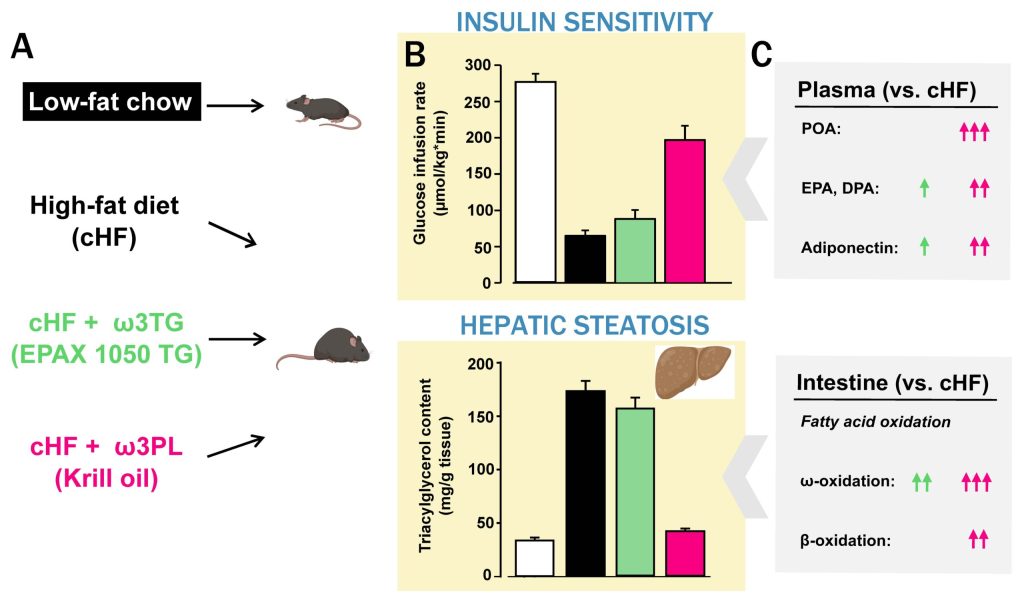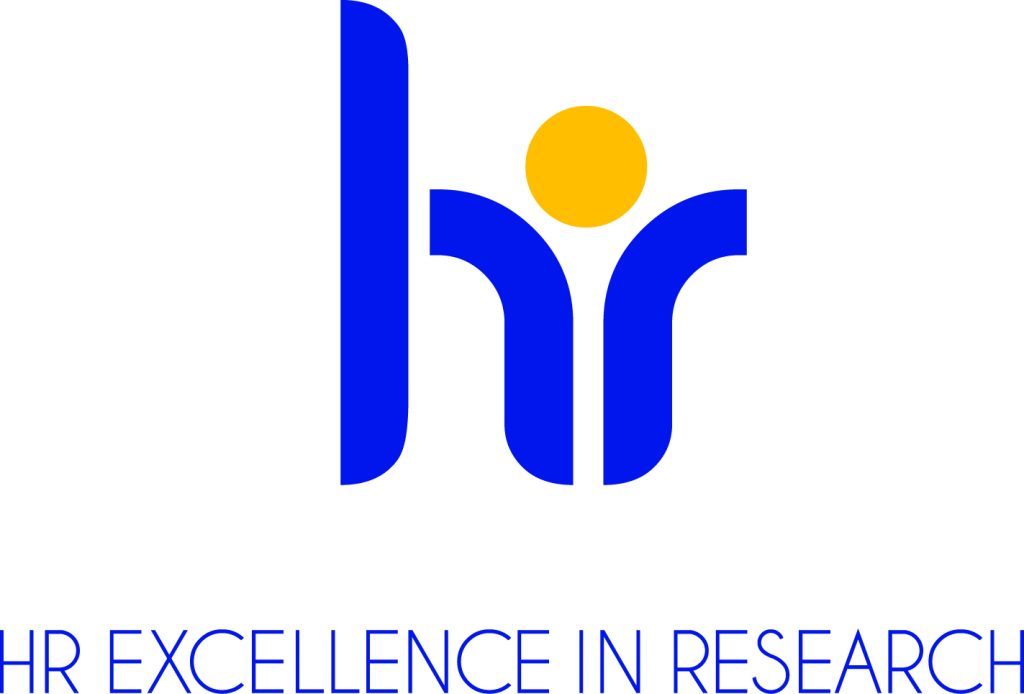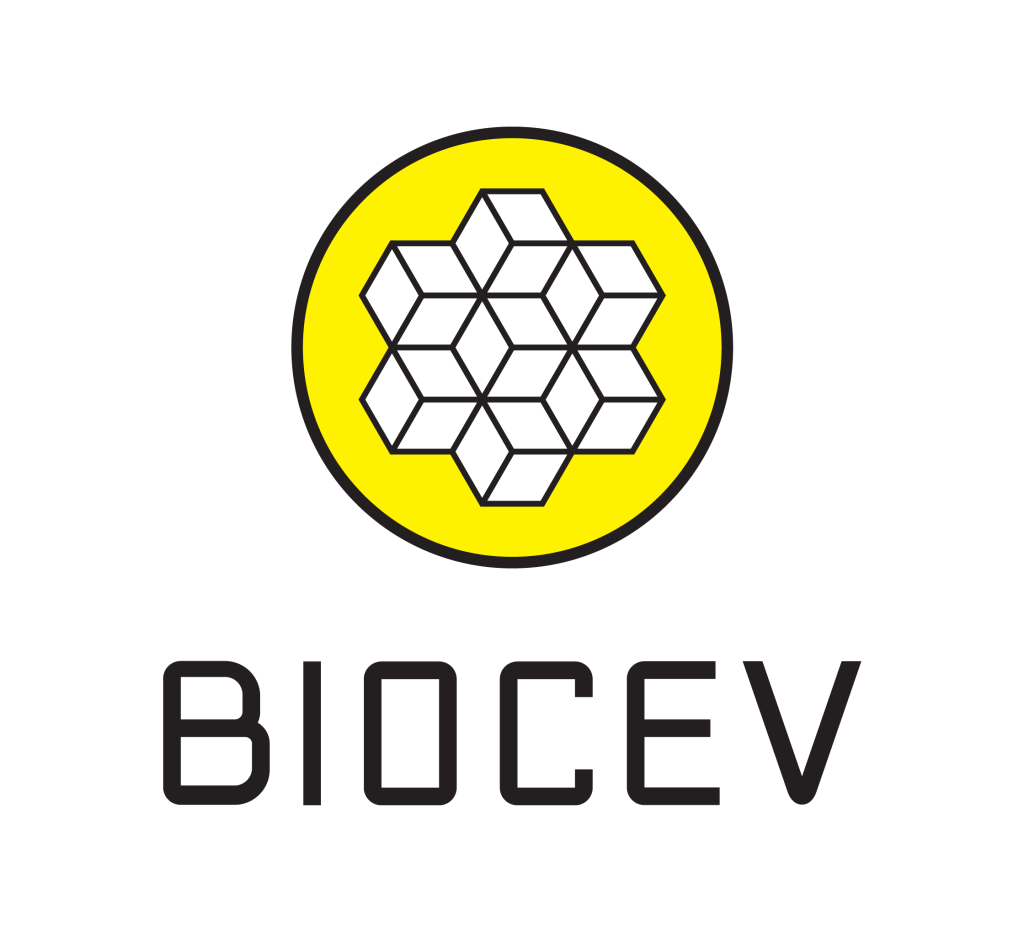Lifestyle interventions including healthy nutrition represent an essential part of prevention and treatment strategies for metabolic sequelae of obesity. Krill oil as an extract from the Antarctic krill Euphausia superba (i.e. crustaceans found in Antarctic waters) is a relatively new source of omega-3 polyunsaturated fatty acids (Omega-3). It has been shown that dietary supplementation with Omega-3, usually as part of a triacylglycerol- or ethyl ester-based concentrate, may reduce inflammation and excessive amounts of fat in the liver (i.e. hepatic steatosis).
However, in obese type 2 diabetic patients, the use of Omega-3 may not necessarily improve insulin sensitivity and may impair long-term control of glucose metabolism. Therefore, we tested in obese mice whether supplementation with Omega-3 using an alternative lipid carrier, i.e. phospholipids from Kril oil, could have beneficial metabolic effects while also improving glucose metabolism and insulin sensitivity.
Our studies showed that Krill oil supplementation was able to reduce hepatic steatosis to a greater extent than Omega-3 given as triacylglycerols, and this effect of Krill oil was associated with improved insulin sensitivity in the liver and at the whole-body level. The beneficial effect of Krill oil on glucose homeostasis was associated not only with the improved bioavailability of Omega-3 (e.g. EPA, n-3 DPA) in tissues, but also with circulating levels of palmitoleic acid, a previously identified lipokine (i.e. hormone of a lipid nature) with insulin-sensitising effects whose content in Krill oil is incerased. In addition, Krill oil more effectively then Omega-3 triacylglycerols induced catabolism of fatty acids from the diet directly in the intestine, which could contribute to its strong antisteatotic effects in the liver. Our findings provide a general rationale for using Omega-3-containing phospholipids as nutritional supplements with potent insulin-sensitizing and antisteatotic effects.
Male C57BL/6N mice were fed for 8 weeks a corn oil-based high-fat diet (cHF) alone or supplemented with Omega-3 contained in triacylglycerols (cHF+?3TG) or Krill oil phospholipids (cHF+?3PL); lean controls were fed a low-fat standard chow (A). Administration of cHF worsened insulin sensitivity (determined by measuring the glucose infusion rate during the hyperinsulinemic-euglycemic clamp; B – upper part) and caused significant accumulation of lipids in the liver (i.e. hepatic steatosis; B – lower part). While insulin sensitivity was almost preserved and hepatic steatosis virtually eliminated in cHF+?3PL mice, much less pronounced effects were observed in cHF+?3TG mice. Favorable metabolic changes observed after Krill oil administration may be related to increased circulating levels of insulin-sensitizing lipokine palmitoleate (POA; C – upper part) and increased fatty acid catabolism directly in the intestinal tissue (POA; C – lower part).
Rossmeisl M, Pavlisova J, Bardova K, Kalendova V, Buresova J, Kuda O, Kroupova P, Stankova B, Tvrzicka E, Fiserova E, Horakova O, Kopecky J. Increased plasma levels of palmitoleic acid may contribute to beneficial effects of Krill oil on glucose homeostasis in dietary obese mice. Biochim Biophys Acta Mol Cell Biol Lipids. 2020;1865(8):158732. IF: 4.519 DOI
Kroupova P, van Schothorst EM, Keijer J, Bunschoten A, Vodicka M, Irodenko I, Oseeva M, Zacek P, Kopecky J, Rossmeisl M, Horakova O. Omega-3 Phospholipids from Krill Oil Enhance Intestinal Fatty Acid Oxidation More Effectively than Omega-3 Triacylglycerols in High-Fat Diet-Fed Obese Mice. Nutrients. 2020;12(7):2037. IF: 4.546 DOI











